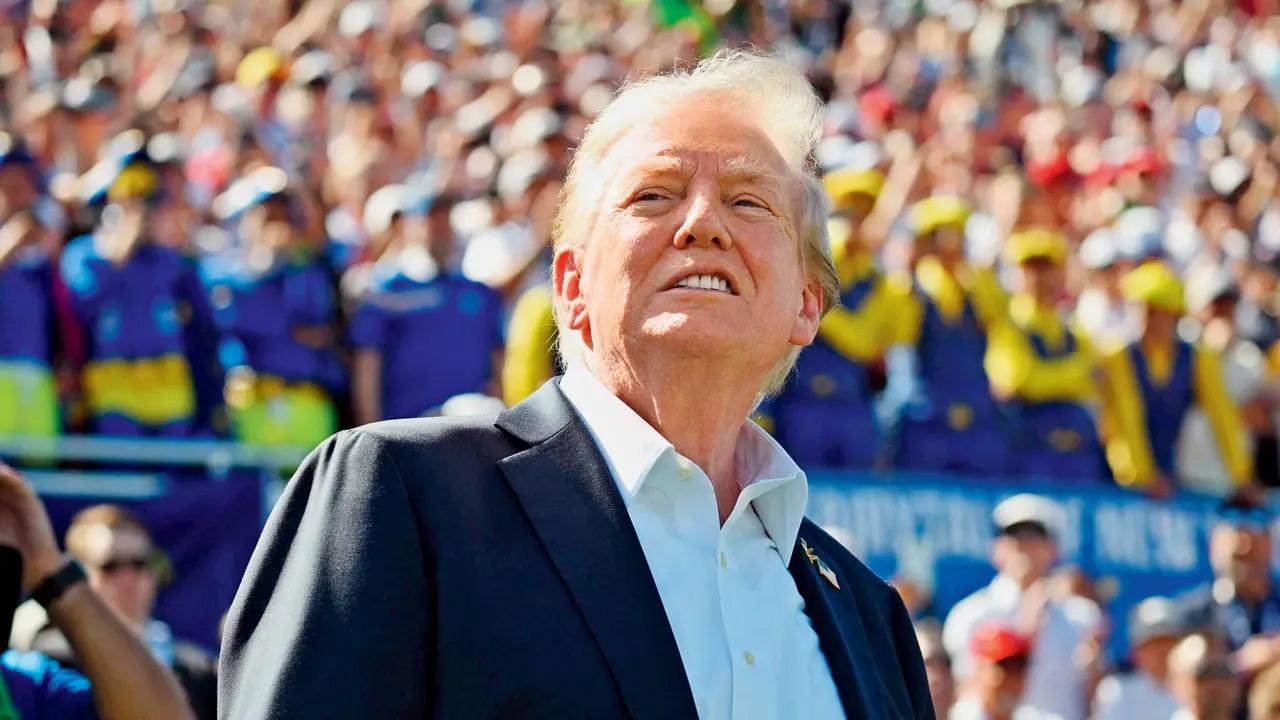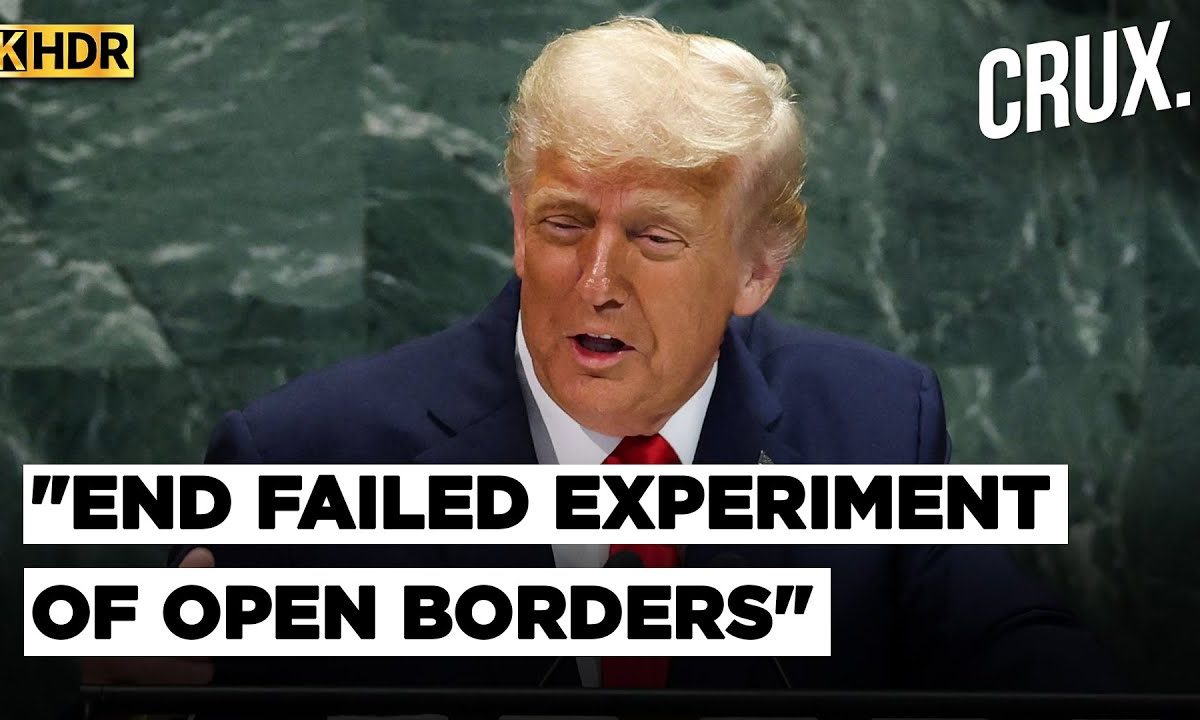The order cites the two countries’ “close cooperation” and “shared interest,” vowing to “guarantee the security and territorial integrity of the state of Qatar against external attack.”
“The United States shall regard any armed attack on the territory, sovereignty or critical infrastructure of the state of Qatar as a threat to the peace and security of the United States,” the order states. “In the event of such an attack, the United States shall take all lawful and appropriate measures—including diplomatic, economic, and, if necessary, military—to defend the interests of the United States and of the state of Qatar and to restore peace and stability.”
### Order Follows Netanyahu Apology Call
The order apparently came during a visit to Washington on Monday by Israeli Prime Minister Benjamin Netanyahu. During the visit, President Trump organized a call between Netanyahu and Qatar, in which Netanyahu “expressed his deep regret” over the strike that killed six people, including a member of the Qatari security forces, according to the White House.
Qatar’s Foreign Ministry described the US pledge as “an important step in strengthening the two countries’ close defence partnership.” The Qatari-funded Al Jazeera satellite news network declared: “New Trump executive order guarantees Qatar security after Israeli attack.”
Later on Wednesday, President Trump also spoke on the phone with Qatar’s ruling emir, Sheikh Tamim bin Hamad Al Thani, according to a White House official who spoke on condition of anonymity. While the White House did not release details about the call, Qatar later stated that the two leaders discussed Doha’s efforts to reach a ceasefire in the Israel-Hamas war.
### Uncertain Scope of the US Pledge
The true scope of the US pledge remains in question. Typically, legally binding agreements or treaties require approval by the US Senate. However, presidents have entered into international agreements without Senate approval, as seen with President Barack Obama’s 2015 nuclear deal with Iran and world powers. Ultimately, any decision to take military action rests with the president.
This uncertainty has clouded previous US defense agreements in President Trump’s second term, including NATO’s Article 5 guarantees.
### Qatar Order Comes as Gulf Arabs Reassess Their Security
Qatar, a peninsular nation extending into the Persian Gulf, became extraordinarily wealthy through its vast natural gas reserves. It has been a key US military partner, hosting the US Central Command’s forward operating base at its extensive Al Udeid Air Base.
In 2022, US President Joe Biden named Qatar as a major non-NATO ally, partly due to Qatar’s assistance during America’s chaotic withdrawal from Afghanistan. Qatar has also maintained close ties with President Trump, including a real estate project with his Trump Organization and offering him a Boeing 747 to use as Air Force One.
Following the Israeli attack, Saudi Arabia entered a mutual defense agreement with Pakistan, placing the kingdom under Islamabad’s nuclear umbrella. It remains unclear whether other Gulf Arab countries—concerned about Israel and Iran amid reimposed United Nations sanctions over Iran’s nuclear program—will seek similar arrangements with the region’s longtime security guarantor.
“The Gulf’s centrality in the Middle East and its significance to the United States warrants specific US guarantees beyond President Donald J. Trump’s assurances of nonrepetition and dinner meetings,” wrote Bader al-Saif, a history professor at Kuwait University who analyzes Gulf Arab affairs.
—
*This story has been sourced from a third-party syndicated feed. Mid-day accepts no responsibility or liability for the dependability, trustworthiness, reliability, or data contained in the text. Mid-day management and mid-day.com reserve the sole right to alter, delete, or remove (without notice) the content at their absolute discretion for any reason whatsoever.*
https://www.mid-day.com/news/world-news/article/trump-signs-executive-order-vowing-to-defend-qatar-in-wake-of-israels-strike-23596822


